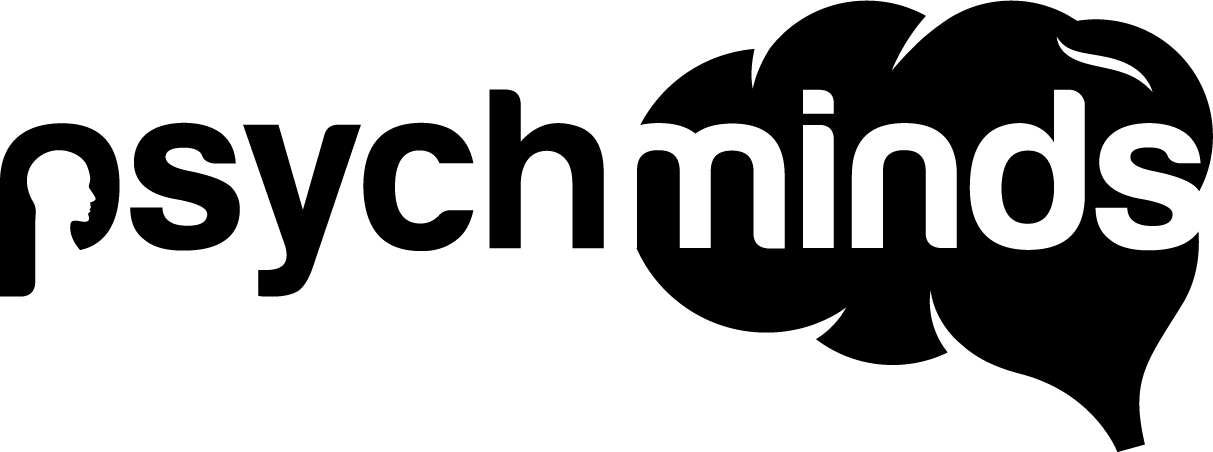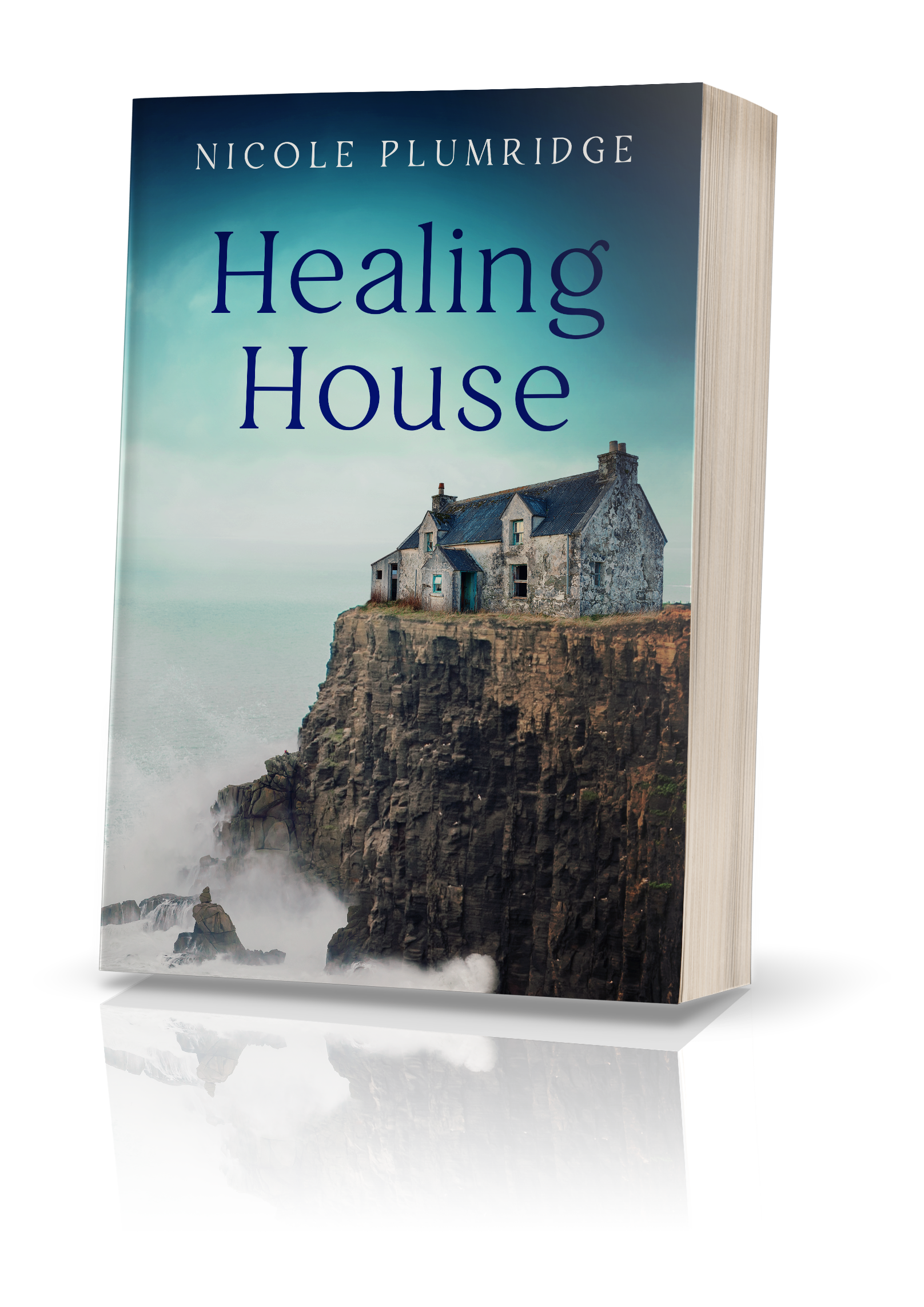
There’s no doubt about it, social media is changing how relationships are formed, developed and possibly terminated. With the pictures we post, statuses we write, groups we like, the internet knows everything about us. When we’re meeting someone new, what is the first thing many of us do these days? We Google them! While social media is great for connecting people across the globe, it should also be handled with caution.
With the advent of social media came new stresses and strains to relationships as well as individuals. Online platforms encourage constant social comparisons with peers. It is easy to feel that others are more well off, more successful, better looking, have a more fulfilling relationship than you are when jumping from profile to profile. This can be unhealthy for our own self-esteem and sense of well-being. Online mediums are superficial and deceptive in that they only represent the best side of the individual posting. This has become further exacerbated with the photo editing software, apps and tools that people now have at that fingertips. Whilst people are posting pictures of the perfect selfie, the perfect holiday, the perfect couple, it must be realised that perfection is not the standard which ought to be achieved and trying to achieve such high standards may only lead to feelings of inferiority and low self-esteem.
This pressure to take the best picture can have negative effects on relationships and induce unnecessary strain. The experience an individual or couple have is no longer worthy or fulfilling in itself unless there is a picture to validate it and gather a steady stream of likes and comments. This takes the meaning out of the experience itself. It also shifts the focus from the other, the person you are with, to the post generated as a result of the experience. This can lead to more superficial encounters, which can be particularly harmful in the early stages of relationship building.
Moreover, when people’s life stories are posted online, they gain a virtual life, breath and immortality of their own. During the early stages of a relationship, it could be difficult digging through other’s histories, viewing their dating trajectory whilst sifting through their statuses, comments, photos etc. Equally, when a relationship ends, it is necessary to obtain some psychological distance from the person in order to establish closure and move on. This becomes almost impossible with all the potential outlets on which you can find and stalk an ex. This can lead to obsessive behaviors including stalking as well as feelings of jealousy, insecurity and lower self-worth.
Social media is also whittling away the mystery element of meeting someone new. People these days post everything online from the dinner they ate to when they last went to the hairdresser. We naturally have a tendency to reduce uncertainty about people we don’t know too well and even those we think we do know. Therefore, we turn to Google for the answers. However, this natural phenomenon is taken too far and results in hours of online stalking. Back in the day the main portal of information was asking friends. Nowadays we have Tinder, Instagram, Twitter, Facebook, Google, Pinterest, LinkedIn and much else to stalk and get the information we so desire. Mystery and intrigue, however, can be conducive and healthy in a relationship. They encourage people to spend more time together to get to know each other and less time behind a computer screen guiltily stalking away. We may also get the false impression that we know most of the key information about the potential partner and therefore ask less questions and have less meaningful communication. We may engage in more surface talk thereby missing the true essence of the person we are with.
Additionally, through the multitude of dating apps out there, we may have the false sense that there is endless possibility out there. This could result in individuals maintaining multiple online relationships as well as becoming increasingly picky regarding superficial features of their next potential partner.
It may also be problematic and inadvisable to communicate certain messages via social media. Even though there are smiley emoticons, this does not convey emotion in the same way face to face interactions do. Many people these days are breaking up online because it is easier than in a face to face interaction. This decrease in empathy online can also explain cyber bullying. It is easier to be mean and say cruel things when one is not confronted with an immediate, visible emotional reaction. This can also lead to people losing their communication skills and abilities when dealing with face to face interactions.
Here are some Do’s & Don’ts:
Do:
- Spend a limited amount of time online
- Set restrictions or use apps like screen time to monitor the amount of time spent online/using apps etc.
- Spend as much time with face to face interactions as possible. Use Skype/Zoom/video calls as these also enable face to face communication
- Have regular digital detoxes
- Think before you send, particularly when confronted with emotional situations
- Get an accountability partner. If you are struggling with spending too much time online, you may need someone else to help monitor the amount of time spent online and motivate you to change your habits!
Don’t:
- Get sucked into endless stalking patterns
- Post your entire life story on online mediums
- Say anything online that you would feel uncomfortable saying in person
- Constantly compare yourself with other people’s “perfect” posts/pictures etc.
- Send emotional messages in the heat of the moment
It is also important to remember that anything posted online is permanent! If it is in black and white it has the power to hurt long after it’s written. A heated argument can be forgotten. But it’s less easily forgotten when there’s proof of writing to support it. Social media is here to stay and it is crucial that we use it in ways that support us and are conducive to our well-being. We need to get the balance right and use the appropriate mediums for certain conversations. Social media can help bring relationships closer together and foster new connections with people you otherwise would not have met if it were not for this online community. On that note, continue to stay connected but also stay cautious.
References:
Jain, R. (June 30, 2010). 4 Ways Social Media Is Changing Your Relationships. Social Media Examiner. Retrieved June 2, 2013 from, http://www.socialmediaexaminer.com/4-ways-social-media-is-changing-your-relationships/
Lickerman, A. (June 8, 2010). The Effect Of Technology On Relationships. Psychology Today. Retrieved June 2, 2013, from http://www.psychologytoday.com/blog/happiness-in-world/201006/the-effect-technology-relationships
Ruben. (August 25, 2012). Facebook effects on relationships. Avoid Facebook. Retrieved June 2, 2013, from http://www.avoidfacebook.com/2012/08/25/facebook-effects-on-relationships/
Suval, L. (2013). Dating and the Impact of Social Media. Psych Central. Retrieved on June 3, 2013, from http://psychcentral.com/blog/archives/2013/05/11/dating-and-the-impact-of-social-media/
Image credit: Neal, L. Positive and Negative Impact of Social Media on Relationships. Getty Images. Retrieved on April 3, 2020, from https://www.psychbytes.com/impact-of-social-media-on-relationships/















